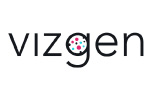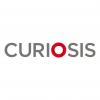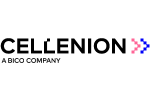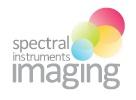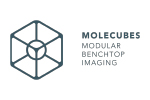Neurite dynamics can be altered in disease states or following exposure to neurotoxic agents providing a rationale for understanding and quantifying this process (Conforti et al., 2007). An ideal method to track neurite dynamics would allow continuous automated measurement of structural parameters, including length and number of branch points, in a non-perturbing manner. We have previously developed a quantitative mono-culture approach for investigating changes in neurite length and ranching using phase images taken with an IncuCyte ZOOM live-content imaging platform in conjunction with NeuroTrack analysis software. However, in co-cultures containing neurons and astrocytes, neuronal processes cannot be unambiguously identified and measured using phase images alone. As such, we have developed a fluorescent reagent (NeuroLight Red) that specifically labels neurons in co-culture with astrocytes. Utilising a VSV-G pseudotyped lentivirus that encodes a red fluorescent protein (mKate2) driven off a synapsin promoter, neuronal expressionis strengthened and non-neuronal crossover is minimized. Here we describe assay methods using this fluorescent label, alongside NeuroTrack algorithms, to quantitatively assess changes in neurite morphology over time in either rat primary or human iPSC-derived neuron/astrocyte co-cultures.
Read more

